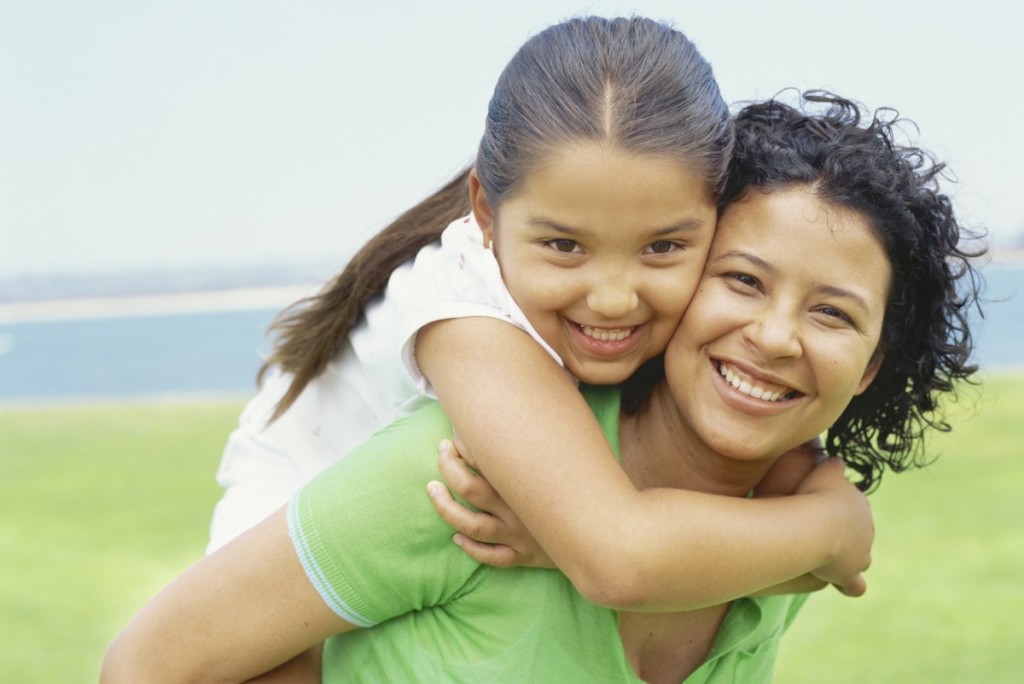241 Parenting the Brain
Based on research by Whittle, Sarah, Simmons, J. G., Dennison, M., Vijayakumar, N., Schwartz, O., Yap, M. B., … & Allen, Nicholas B. (2014) written by Mara Rowcliffe, M.S.
Do your parenting choices influence your teenager’s brain structure?
University of Melbourne, Australia researchers evaluated the effects of positive environmental experiences on teenage brain development. Participants included 200 adolescents and their mothers. MRI brain scans were used to evaluate the adolescent’s brain at 12 years old and again at 16 years old. The researchers compared children whose mothers were warm, affectionate, and approving during disagreements to those whose mothers became angry and argumentative. The 12 year olds whose mothers were affectionate and caring showed less damaging structural brain changes at age 16 than the children whose mothers were angry and argumentative. The brain changes are linked to higher rates of sadness and anxiety, as well as a poorer sense of self control.
These results indicate that how parents approach disagreements with their children may cause actual structural changes in their child’s brain during childhood to early adolescence. Think about how to convey warmth and understanding while also providing reason and appropriate boundaries.
If you notice increasing feelings of anger or the start of an argument, stop. Take a moment to yourself before proceeding with the conversation. Try to understand your child’s concerns. State limits kindly.
Reference:
Whittle, S., Simmons, J. G., Dennison, M., Vijayakumar, N., Schwartz, O., Yap, M. B., … & Allen, N. B. (2014). Positive parenting predicts the development of adolescent brain structure: A longitudinal study. Developmental cognitive neuroscience, 8, 7-17.





